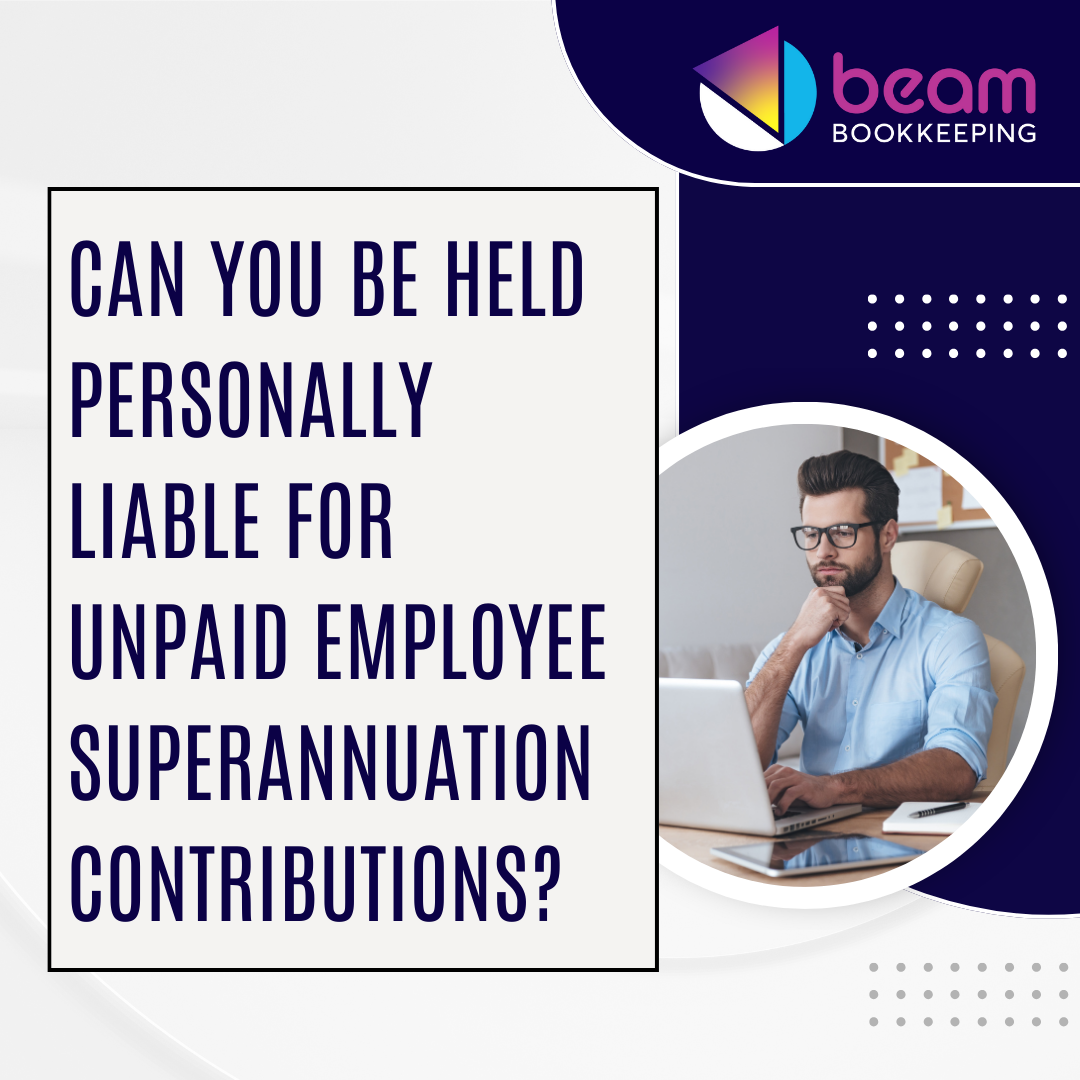
A scary question indeed!
Now we have your attention the answer is: Yes, you certainly can.
You will recall prior communications from us on several occasions regarding penalties and consequences that result from paying employees super late.
These consequences can go a step further and be life-changing for you and your family.
Some businesses are set up as companies. One of the reasons a company might be chosen as the entity structure to run a business through is to provide a veil of personal asset protection to the business owner/director and their family.
What is often not known by directors of companies though is that this veil can be penetrated in certain circumstances.
If a company has a history of outstanding lodgements and unpaid debts with the Australian Taxation Office (ATO), the ATO can resort to issuing directors of a company with a Director Penalty Notice. These notices are sent to the address listed with ASIC for that company/director.
If the ATO does issue such a notice to a director, this could lead to rendering the director issued with the notice personally liable for certain debts of the company, including unpaid Superannuation Contributions for employees.
If you are issued with a Director Penalty Notice, take action immediately and contact your Tax Agent/Accountant/Legal Representative. This is extremely important. These notices require action within 21 days. Not responding/acting will land you in an even worse position.
What steps can be taken to avoid Director Penalty Notices and/or lessen their impact?
- Make sure your addresses with ASIC are current. This is so should you be issued with a Director Penalty Notice you will actually receive it and have time to seek advice and take action. If the notice is sent to an old address and the 21 days pass, you have no recourse action to defend yourself due to an incorrect address. It is your responsibility as a director to keep these addresses up to date.
- Keep lodgements up to date, even if you can’t pay them. This includes Income Tax Returns, BAS’s, IAS’s, and Super Guarantee Statements
- Pay your Income Tax, GST, PAYGW, and Super commitments. If they can’t be paid on time and in full, set up payment plans you can afford and stay on track with payments.
- If you can’t afford to maintain payment of your debts in these areas, reach out to your advisers to help determine your best course of action moving forward. Do not bury your head in the sand in the hope things will get better. A fresh set of eyes may see things you don’t and be able to set you on the right path to get back on top of things cashflow-wise.
- If your cashflow cannot be turned around discuss with your adviser whether you qualify for Small Business Insolvency Reforms designed to help Small Business. Eligibility criteria do exist to access these reforms. If you’d like to be connected with a specialist in this area, please reach out and we will make a connection for you.
Prevention though is the best cure!
Surround yourself with a team of advisers who can help you stay on track and be in the best position you can be should your business run into cash flow issues.
This is where we can help.
We offer a free no-obligation initial meeting.
As no two businesses are the same and their needs vary, at this meeting, we discuss your specific situation confidentially. We go through how we can help, and what that might look like and provide you with a no-obligation quote subsequent to that meeting.
Intrigued and want to know more? Click the ‘Get In Touch’ button below.
Recent Beam News:
